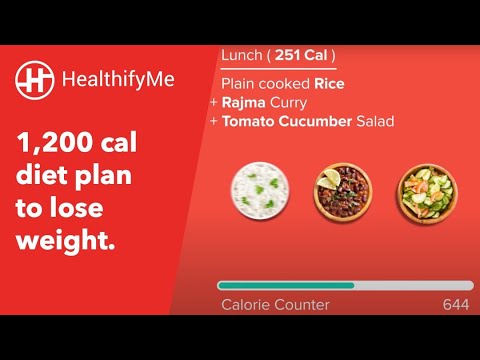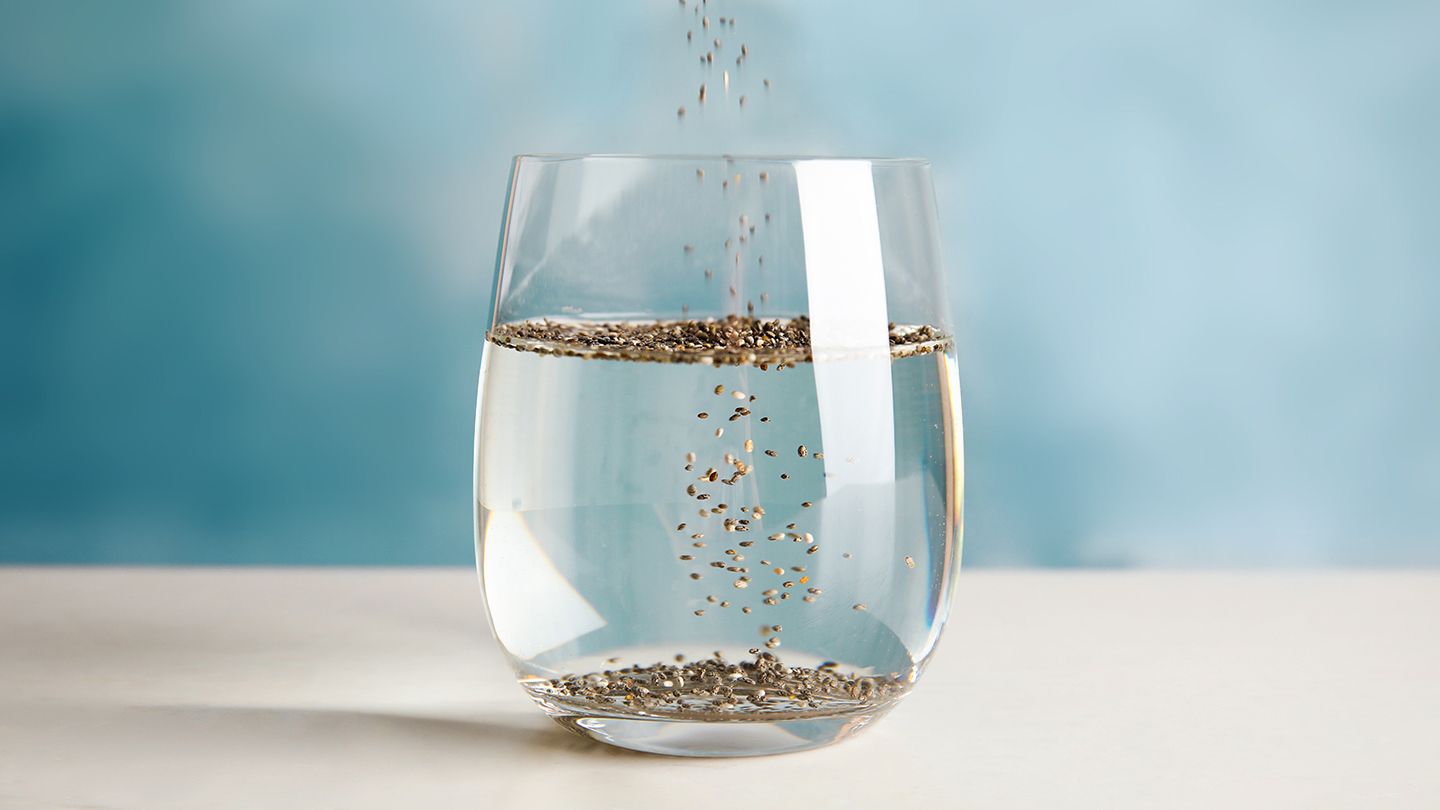
If you are looking to lose weight, you need to first ask "How many calories do squats take?" There are many factors that can influence the answer. The primary muscles involved in squats are the gluteus maximus, hip flexors, and quadriceps, but abdominal muscles get a great workout as well. You must ensure that you are using proper form and not doing too many squats to maximize your benefits. Stop when your hips touch your knees.
Squats MET value
Based on calculations by William L. Haskell, a Stanford University professor, the MET value for squats was calculated. The exercise is intense and burns around 8.2 calories per min. The burn rate for 100 squats will be lower if you take only 10 minutes. For a 165-pound person, performing 100 squats for five minutes will burn about 37 calories per minute.

Functionality for squats
Squats provide a great way to increase strength and mass. Squats focus on multiple muscle groups and work in an orderly fashion, creating an anabolic environment to encourage muscle growth. Squats build legs and muscles, since they work multiple muscles at once. These factors improve their ability to burn calories and increase functional mobility.
Weighted squats
Squats are great for building muscle strength. Beginners should focus on doing three sets of eight to fifteen repetitions, but can progress to as many as twenty. Squats that include weight lifting can increase muscular strength. Beginners should begin with lighter weights, then progress to heavier weights when they feel more comfortable. When squatting, your feet should be hip-width apart. Your elbows should be close to your knees.
Length of time to complete 100 squats
Try breaking down your 100-squat routine into 10 sets, each with 50 reps. You can do this anywhere and it will not cause soreness. You can do 100 squats in as short as 3.5 minutes if you have the time. These are some ways you can get there.

MET value of external weight in squats
While squats are a great way to burn calories, the amount of energy used is not directly related with the number of reps. Squats can be a great way to increase muscle mass and help you burn more calories during the day. The MET value for external weight squats ranges between three and seven calories each minute. Although squats fit into either category, the MET value of these exercises is higher than that of squats without weights.
FAQ
Is there any difference between intermittent fasting and calorie restriction?
Calorie restriction is a way to eat less than your body needs. Intermittent Fasting is different in that it doesn't restrict calories. Instead, the emphasis is on eating fewer calories each day.
Intermittent fasting is more effective because it allows you to enjoy foods you love without feeling guilty.
Both methods have pros and cons. Decide which one you prefer.
How often do people fast?
A majority of ketogenic dieters fast one week. Some people fast twice a week. And others fast three times per week.
There are many lengths to fasting. Some people fast for 24 hours, whereas others fast for 48 hours.
Some people may even stay awake for 72 hours. These extreme cases are rare.
What foods help me lose weight faster?
You can lose weight more quickly by eating fewer calories. There are two methods to accomplish this.
-
Reduce the number of calories you take in daily.
-
You can burn more calories through exercise.
Reducing the number of calories you eat is easier said than done. There are calorie-laden fast food options all around us. Here's a list to help you shed those extra kilos.
-
Beans are rich in fiber and protein. They have very little fat making them a great option for dieters trying to reduce their caloric intake.
-
Oatmeal is low in calories but high in nutrients like magnesium and potassium. Oatmeal also contains less sugar that other cereals.
-
Eggs are full of cholesterol and protein. Consuming eggs at least once a week can increase your metabolism and help you burn more calories.
-
Whole grain bread can reduce hunger pangs, so you might feel fuller for longer.
-
Dark chocolate is rich in antioxidants and flavonoids. These substances have been shown to improve heart health and lower blood pressure.
-
Cottage cheese is rich with calcium, which helps build strong bones. Cottage cheese is also a good source for vitamin D which helps boost immunity.
-
Omega-3 fatty acids are abundant in salmon, which can promote brain development and improve cardiovascular function.
-
Green tea contains a lot of catechins. These are compounds that can fight cancer and improve metabolism.
-
Broccoli is a great source of folic acid, which reduces homocysteine levels in the blood. Homocysteine levels that are high have been linked to increased risks of heart disease and stroke.
-
Yogurt, which is low in sugar, is a great option to add probiotics to your diet. Probiotics play an important role in digestive health.
-
Berries can be a healthy snack choice that tastes great and is very nutritious. There are many great sources of vitamins, minerals in blueberries, strawberries, blackberries and raspberries.
-
Avocados are rich in healthy fats. A half avocado contains 80 calories and plenty of fiber.
-
Nuts can be enjoyed as a snack, but they are also rich in protein. All kinds of nuts are great choices, including almonds.
-
Sweet potatoes are another starchy vegetable that's packed with beta carotene, which makes your skin glow. The orange sweet potato variety has a higher level of beta-carotene than regular sweet potato varieties.
How long do I need to fast for weight loss?
The answer may not be as straightforward as you think. It is important to take into account a number of factors when deciding the optimal days for fat loss. These are:
-
Your age. If you are younger than 40, intermittent fasting might be too difficult because you have less time for recovery after each fast. However, intermittent fasting may be too difficult for older people (over 60) who might not have the energy to continue a long period of daily fasting.
-
Your current body composition. A longer period of fasting is more beneficial for those with a lot of muscle mass. Shorter fasting might be more appropriate for you if you have less muscle mass.
-
How physically active you are. Regular exercise may mean that your fasting window needs to be extended to allow you to get sufficient rest between sessions.
-
Your past medical history. People with heart disease, diabetes, and cancer may require extra fasting monitoring.
-
How do stress and anxiety affect you? Stressful situations can make us eat more. You may need to extend your fasting times in order to avoid this problem.
-
Which type of diet you choose. Certain diets, like ketogenic diets, may require even longer fasting periods.
-
The quality of sleep you receive. A decreased quality of sleep can also be linked to decreased appetite and metabolism. It might take some time to find what works best for your needs.
-
The amount of protein that you consume. The ability to stabilize blood sugar levels. Eating more protein can lead to lower insulin levels. This would allow for you to fast more often.
-
Whether you're trying to gain or lose weight, people who are trying to gain weight usually require longer fasting periods than those who are trying to lose weight.
-
What percentage of calories do you consume during your fasting window? You may lose more weight if you eat fewer calories each day than if you eat more.
-
Your overall fitness level. A person who is very fit will burn more calories every day because they are faster.
-
Your gender. Men typically have larger appetites than women, so they may need to fast for slightly longer periods of time. Women are more likely to have smaller appetites and may need to fast only 20-30 minutes every day.
-
Your lifestyle. Do you exercise a lot? Do you workout several times each week? Do you work at a desk all day? These factors could affect how much you should fast.
-
How much money do you spend on food? It doesn't always mean that you should spend a lot of money on groceries if you eat healthy foods. Whole grains can be substituted for white bread, whole fruits can be purchased instead of candy bars and lean meats over fatty cuts.
-
How important it can be to control your appetite. You might not have to fast as much if your hunger isn't a problem.
Statistics
- According to Harvard Health, it's estimated that a 155-pound (70-kg) person burns around 167 calories per 30 minutes of walking at a moderate pace of 4 mph (6.4 km/h) (5). (healthline.com)
- Another study found that 24 weeks of weight training led to a 9% increase in metabolic rate among men, which equated to burning approximately 140 more calories per day. (healthline.com)
- One study in 9 active men found that HIIT burned 25–30% more calories per minute than other types of exercises, including weight training, cycling, and running on a treadmill (18Trusted Source (healthline.com)
- According to a study sponsored by the American Council on Exercise, a person weighing around 140 pounds (64 kg) would burn 108 calories at a 30-minute beginner's Pilates class or 168 calories at an advanced class of the same duration (26). (healthline.com)
External Links
How To
How to Lose Weight Fast
There are many quick ways to lose weight. However, most people find them to be ineffective and unsustainable. Dieting and exercising are the best ways to lose weight quickly. Consume fewer calories per day than you burn. This means eating fewer calories than what your body burns during normal activities. To lose weight quickly, you need to reduce your calorie intake.
It is best to avoid foods high in fat or sugar, as these can increase your appetite. Aim to drink plenty water each day. It helps keep you hydrated and keeps your metabolism running at its peak. Combining these three elements together will give you results faster than you thought possible.